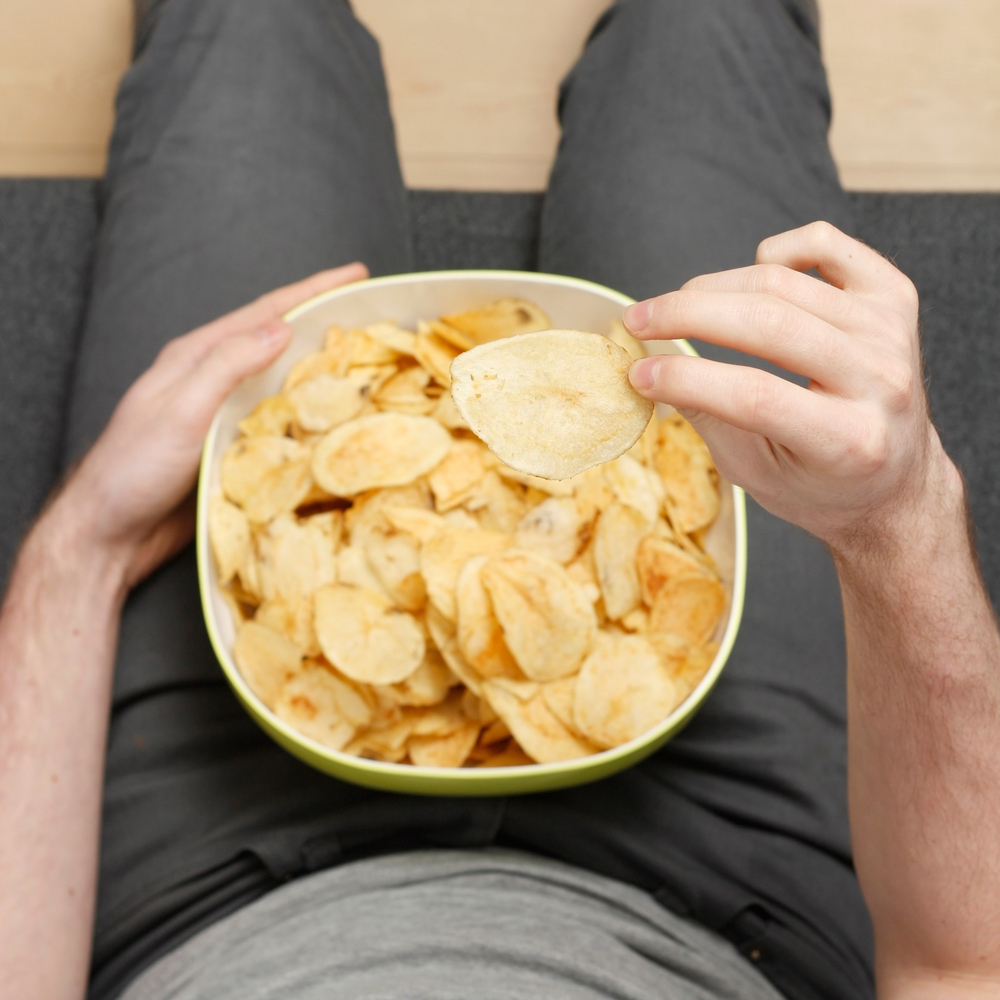Eating can be a psychological act. The term “emotional eating” is often thrown around with a negative connotation, but it can be misunderstood. There are numerous occasions in which eating is emotional: popcorn at the movie, corn dogs at the fair, ice cream with a friend, etc. We eat the foods we love, foods that activate “feel good endorphins” and foods that are associated with celebratory occasions. Taste is psychological — it is a matter of pleasure. In and of itself, this isn’t a bad thing.
However, when eating becomes a mindless activity, leading to overeating and ending in guilt, emotional eating is dangerous and addictive.

Dangers of emotional eating
Our culture associates food with comfort and care. Eating is often tied to emotional occasions, whether we are grieving or celebrating. Here in Texas, when a friend experiences a loss, we show up with a homemade casserole. When a new baby is born, we celebrate with the new family by offering food.
Many people turn to food as a comfort or coping mechanism when they are feeling sad, anxious, angry, stressed, or depressed. Typically, eating to cope with one of these emotions becomes a mindless activity. Whether it’s a cheeseburger and fries or a box of cookies, we can overindulge and overeat in an effort to feel good.
When emotional eating becomes a mindless hand-to-mouth action, it becomes dangerous. It can result in eating an excessive amount of food (binge eating), lead to addiction and many times result in painful feelings of guilt. To cope with the guilt, some may turn to excessive exercising, obsessive dieting or even purging.
How to have a healthy emotional eating experience
As previously mentioned, almost all eating can be considered “emotional eating.” When our bodies are hungry, it’s seeking nutrients to satisfy the hunger, not taste to appease it. The taste experience is completely psychological, and is thus an emotional experience.
Do you have a tendency to indulge in food to cope with feelings of anger, sadness or anxiety, and find yourself in a mindless eating trance, resulting in guilt? If so, consider the following tips for healthy emotional eating:
- Understand why you eat: Before you jump up to grab a bag of candy or step into the kitchen to prepare a meal, take a moment to evaluate why you are eating. Are you eating because you are depressed, anxious our stressed? If your answer is yes, consider an alternative method of coping. Find an activity that can replace negative emotional eating as a means of coping. Exercise is a great choice, because it produces “feel good” endorphins in the body. Writing in a journal offers a noninvasive, private space to express your thoughts and feelings. Talk to a friend or turn to a doctor for help.
- Make eating a mindful activity: If you are prone to mindless eating, chances are, you will eat too much and end up feeling guilty. Eating should be a mindful experience. When you sit down to eat, take a moment to soak it all in. Enjoy the aroma of your meal. Remove all other distractions so you can focus on eating. Turn off the television, put away the book and move away from the computer. When you eat, make eating your sole focus. When you do, this instance of eating, even if it is emotional, will be far more satisfying. In the same way, you will also be more mindful of the amount of food you eat, and better able to avoid overeating.
At some point in our lives, we will all face difficult times that produce feelings of sadness, stress or even anxiety. Nurture your body by choosing healthy ways to deal with those feelings.